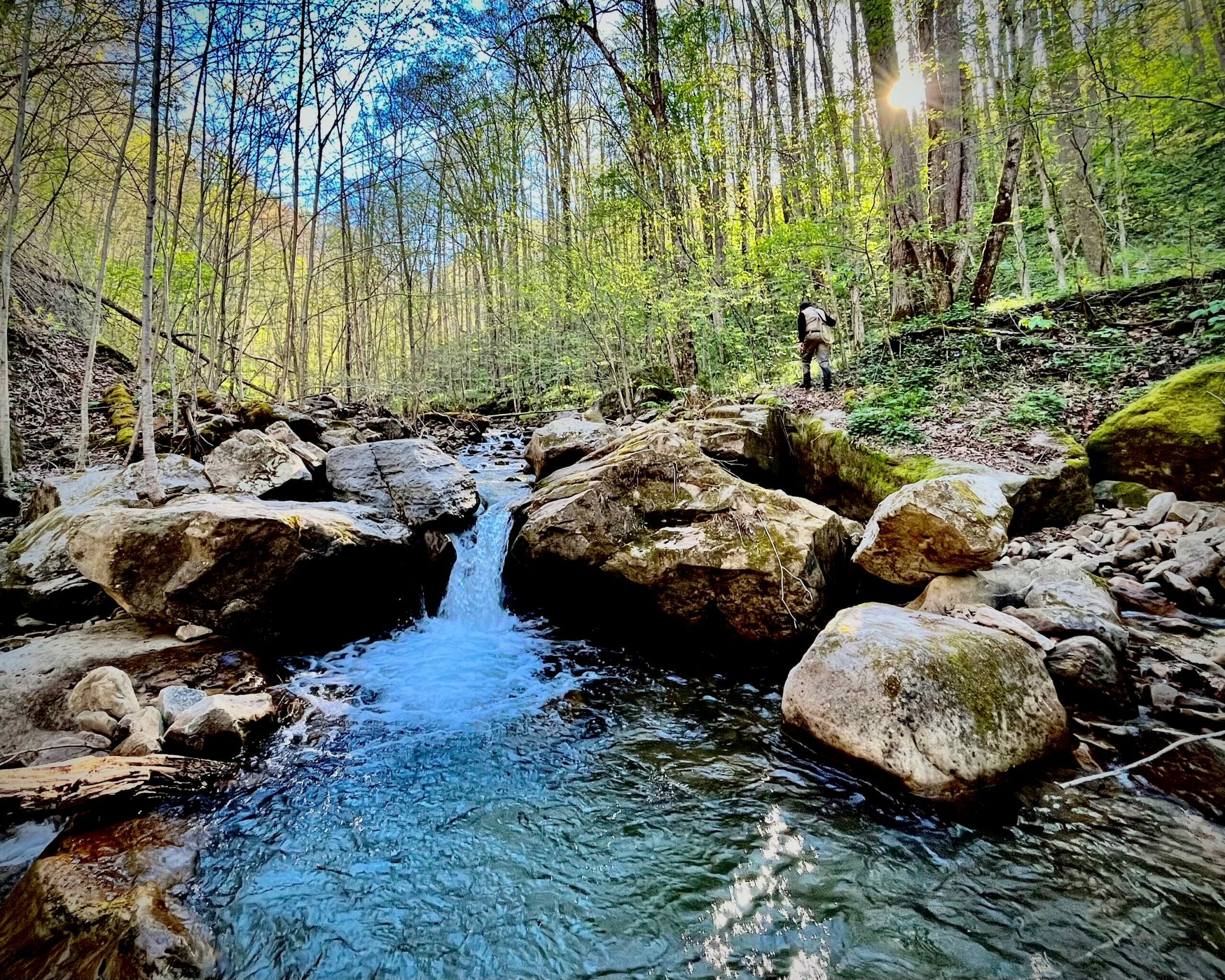
Revised rule implements Supreme Court opinion sharply restricting federal protections for wetlands and small streams
Contacts:
- Chris Wood, President and CEO, Trout Unlimited, chris.wood@tu.org
- Drew YoungeDyke, National Communications Director, Trout Unlimited, drew.youngedyke@tu.org
ARLINGTON, Va.—The U.S. Environmental Protection Agency (EPA) and Army Corps of Engineers today issued a revised Waters of the U.S. Rule sharply limiting Clean Water Act protections for wetlands and small streams that are critical to healthy and functioning watersheds, following the U.S. Supreme Court’s ruling in Sackett v. EPA.
The new amended rule removes federal protections for millions of acres of wetlands and raises questions about coverage for millions of miles of tributary streams previously covered by the Clean Water Act.
“We were disappointed with the Supreme Court’s ruling, and this is the inevitable result: a severe erosion of our nation’s 50-year commitment to clean water,” said Chris Wood, president and CEO of Trout Unlimited. “We all live downstream, but apparently the Supreme Court doesn’t believe in gravity. This will make our rivers and streams less fishable, swimmable, and drinkable. Congress must fix the Clean Water Act with a clear definition of ‘Waters of the U.S.’ that is rooted in science and ensures protection of the small streams and wetlands that provide clean water for people, communities, businesses, farmers, and fish and wildlife.”
“Trout Unlimited will continue fighting for a strong Clean Water Act and doing the work on the ground to reconnect and restore trout and salmon watersheds, which is even more vital now.” Wood added.
Background:
Ruling in Sackett v. EPA, the court limited Clean Water Act protection for wetlands to those with a “continuous surface connection” to other “Waters of the United States,” which will remove federal protections for the majority of the nation’s wetlands. Earlier rulings had protected any wetlands with a “significant nexus” to Waters of the U.S., and for decades the Clean Water Act has covered wetlands that are “adjacent” to those waters. In the case in question, the court found that a landowner did not need a federal Clean Water Act permit to fill in a wetland lacking a “continuous surface connection” to a water body flowing into Idaho’s popular Priest Lake that provides important cutthroat trout habitat.
The ruling was the latest in a decades-long debate over which streams, rivers, and wetlands should be protected by the Clean Water Act. In 2015, Trout Unlimited and our partners backed the Clean Water Rule, which was grounded in science and would have confirmed protections for small “ephemeral” and “intermittent” streams, headwaters, and wetlands. That rule was blocked by the courts, repealed by the Trump EPA, and briefly replaced with the Navigable Waters Protection Rule, which offered weaker protections for small streams. In findings published in a peer-reviewed journal, TU showed that half of all waters in the contiguous United States would have been unprotected under the Trump administration rule.
The EPA finalized a new rule in March, which reinstated Clean Water Act coverage for millions of miles of streams and millions of acres of wetlands. The amended rule announced today implements the Supreme Court’s ruling in Sackett.
Rather than clarifying matters, the Supreme Court ruling will lead to more confusion and litigation in the coming years over the Clean Water Act, the revised Waters of the U.S. rule, and protections for wetlands and streams.
Trout Unlimited has been a leader among fish and wildlife groups in defending the Clean Water Act protections for our vital wetlands and headwater streams. We joined an amicus brief in the Sackett case, our fourth amicus submitted in four different courts in defense of wetlands and streams.
Learn more about TU’s work on clean water.
###
Trout Unlimited is the nation’s oldest and largest coldwater fisheries conservation organization dedicated to caring for and recovering America’s rivers and streams so our children can experience the joy of wild and native trout and salmon. Across the country, TU brings to bear local, regional and national grassroots organizing, durable partnerships, science-backed policy muscle, and legal firepower on behalf of trout and salmon fisheries, healthy waters and vibrant communities.

